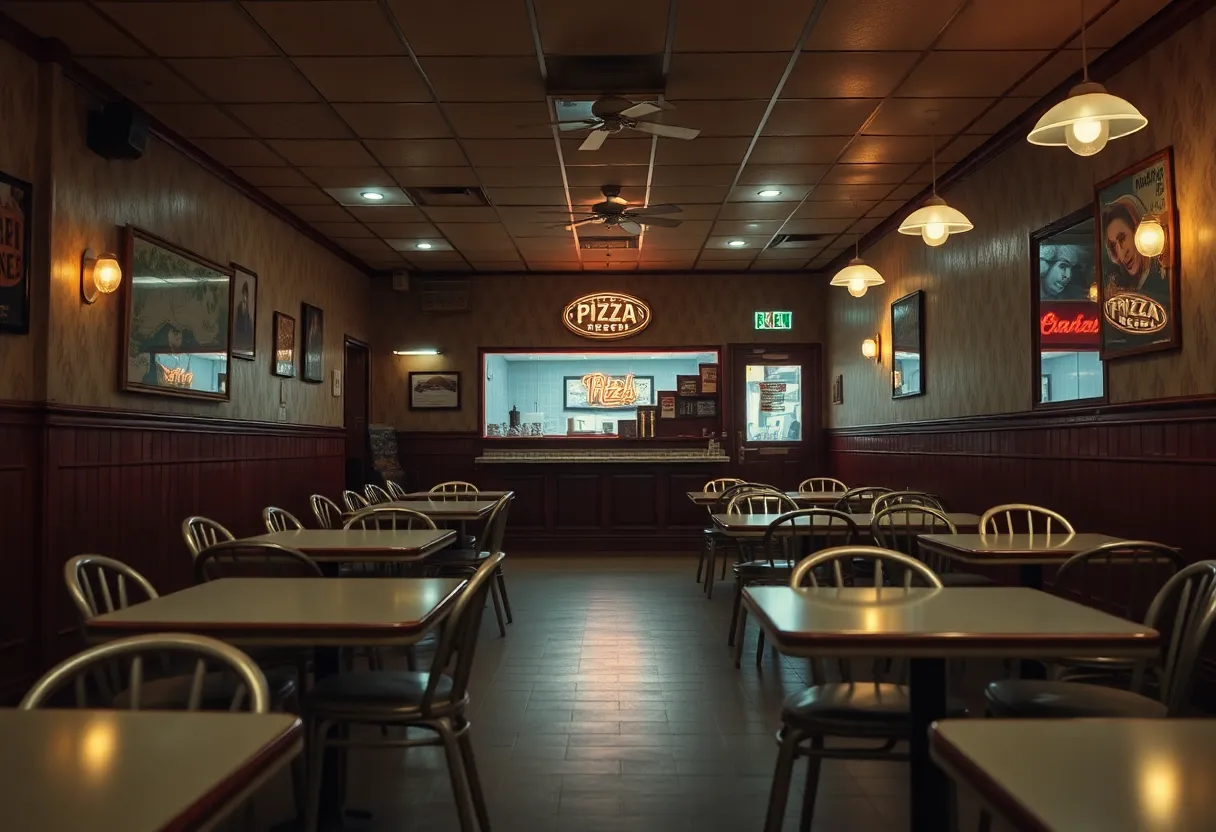News Summary
In Georgetown, librarian Susan Cooper is standing against a directive to remove over 150 books from the school library, igniting debates on First Amendment rights and educational freedom. Her resistance raises questions about censorship and access to literature in schools, as tensions grow in the community surrounding book banning policies. The situation highlights a national dialogue on library governance and educators’ rights amidst challenges posed by restrictive policies.
Georgetown Librarian Stands Firm Amid Book Ban Controversy
In the quiet town of Georgetown, big tensions are brewing at the local high school. Librarian Susan Cooper is facing termination for refusing to pull over 150 books from the library shelves. This is raising eyebrows and stirring conversations about First Amendment rights and what it means to have access to literature in our schools.
What’s Going On?
It all kicked off back in January when the school district’s library director ordered all titles rated “Adult” with “Mature” themes to be removed from Georgetown High School’s library. This order followed the guidelines of House Bill 900, a Texas law that aims to restrict “sexually explicit” and “harmful” materiais for students. While some books used in Advanced Placement English Literature exams were exempt from this removal order, many beloved titles were caught in the crossfire, including popular works like “Station Eleven” by Emily St. John Mandel and “The Testaments” by Margaret Atwood.
After the initial directive, a glimmer of hope emerged when the district hinted that some books might be returned following committee reviews. However, there’s confusion surrounding the timeline for these evaluations, and for many, it feels like book banning is butting heads with educational freedom.
Cooper’s Standoff
While most librarians in Georgetown complied with the pull-order for the “mature” labeled books, Cooper made a bold stand. She claims the directive violates the school board’s “reconsideration” policy and infringes upon the rights of access to literature. In her view, this is more than just a library policy; it’s about the fundamental values of choice and expression in education, suggesting that the community might not support such book removals, which can feel oppressive.
As the situation unfolded, Cooper received official warnings indicating that failure to comply could lead to her termination. Despite the pressure, she has continued to allow students to check out the books that have been designated for removal. The principal, Brian Johnson, noted that Cooper’s resistance is creating some turmoil among her fellow librarians, putting her in a challenging spot.
The Controversy Deepens
As the story has spread, it has become apparent that the guidelines for what constitutes “mature” content are not universally understood. The vendor responsible for the ratings, Follett, does not clearly specify its criteria, leaving room for discrepancies and confusion. Interestingly, Cooper pointed out that some classics, like “The Canterbury Tales,” have been inaccurately classified under the vendor’s ratings.
Furthermore, the guidelines established by the Georgetown district are restricting the addition of books rated “Adult with mature/explicit themes,” which critics see as a form of censorship. Cooper argues that neighboring school districts are not facing the same stringent measures, suggesting that the decision to remove books is more of a local leadership choice than one strictly dictated by state law.
Community Feedback and Future Implications
The discussion around the book removals has ignited conversations in the community. A recent survey conducted among students indicated a desire for fewer restrictions on the books they can access. Cooper has advocated against retaliatory actions against staff who oppose the book ban, highlighting the importance of defending literature as a source of knowledge and growth.
In a broader context, the ongoing tensions highlight a national conversation surrounding book bans and censorship, particularly in schools. Previous instances where librarians resisted similar book removals due to conservative complaints have set a precedent concerning employees’ rights and school governance.
As the situation unfolds, it remains to be seen how Georgetown will navigate these turbulent waters. With education, freedom of expression, and community values at stake, the repercussions of this controversy may ripple through other districts and discussions around literature and learning for years to come.
Deeper Dive: News & Info About This Topic
HERE Resources
Georgetown School Faces Book Removal Controversy
Pflugerville Hosts 17th Annual Romance Readers Social
Additional Resources
- Statesman: Texas Book Ban Georgetown High School Librarian Susan Cooper
- Wikipedia: Book Censorship
- Book Riot: Biggest Book Censorship Stories of 2025 So Far
- Google Search: School Library Book Bans
- Texas Monthly: Users Guide to Banned Books in Texas
- Google Scholar: Library Book Removal Policy
- Georgetown Voice: Who’s Afraid of Coming-of-Age Novels in School Libraries?
- Encyclopedia Britannica: School Librarian Rights
- Fox 7 Austin: Homecoming Mum Georgetown Texas East View High School
- Google News: Book Ban Controversies







